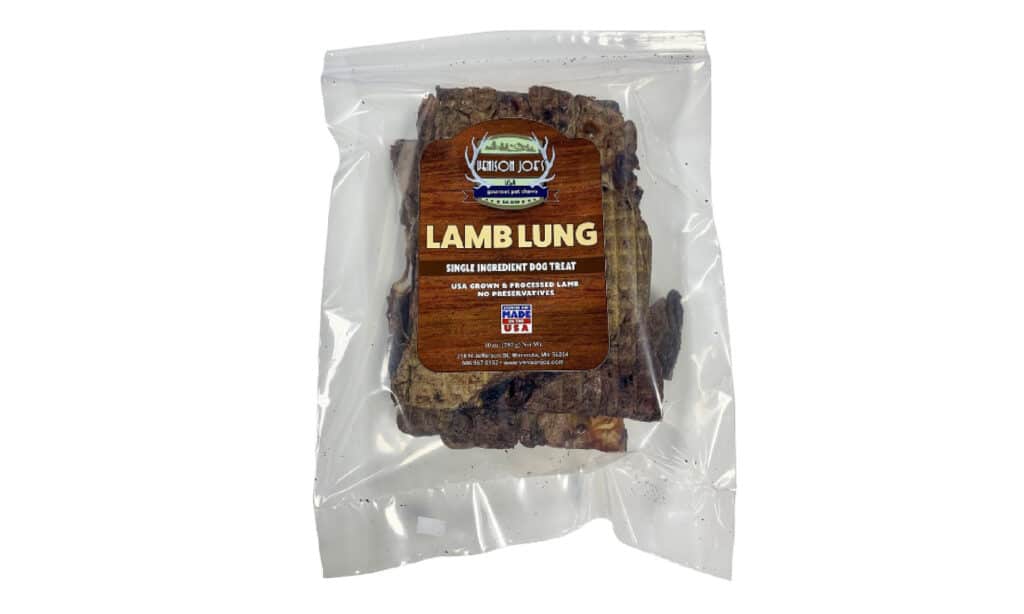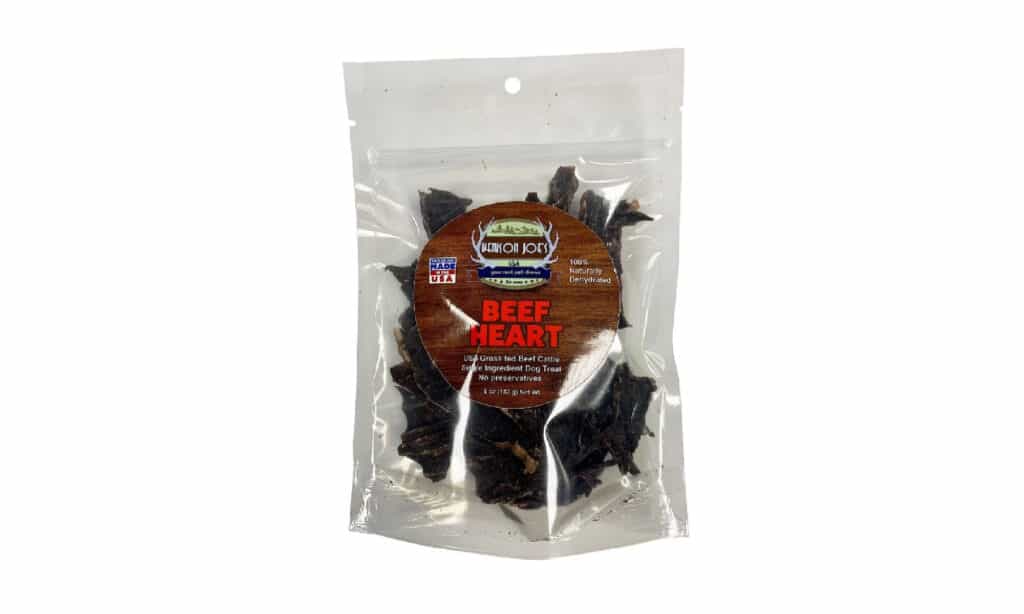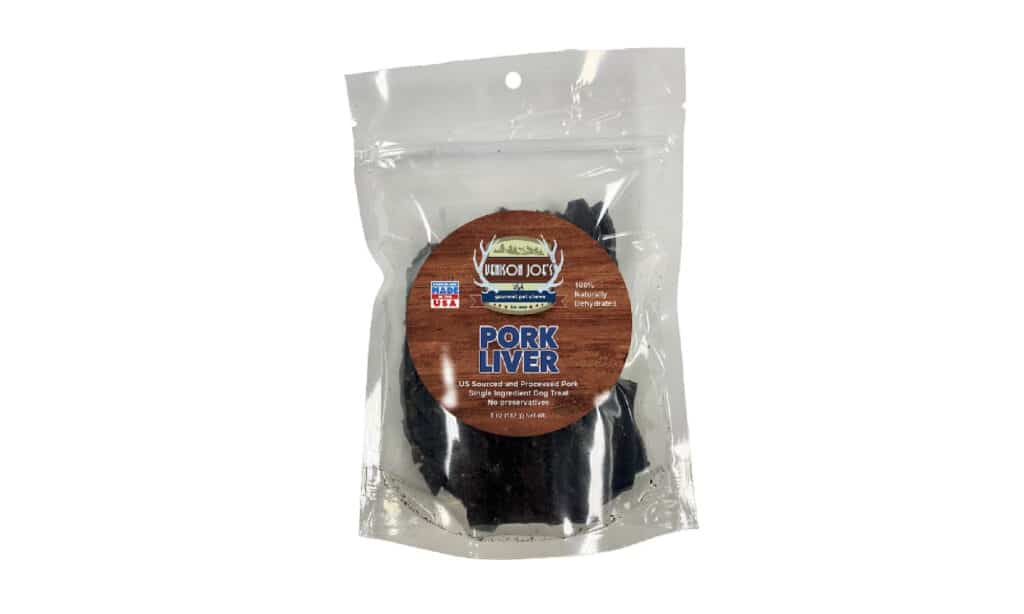As a dog owner, it’s only natural to want to share everything with your furry companion, including your favorite foods. However, it’s important to remember that not all human foods are safe for dogs to eat. Bologna is a popular lunch meat that many of us enjoy, but is it safe for our canine friends to consume? In this blog, we’ll take a closer look at bologna and whether or not it’s a suitable treat for your four-legged pal. We’ll explore the nutritional value of bologna, potential risks and benefits, and provide some guidance on what human foods are safe for your dog to eat. So, whether you’re a new or seasoned dog owner, join me on this journey as we delve into the question, “Can Dogs Eat Bologna?”
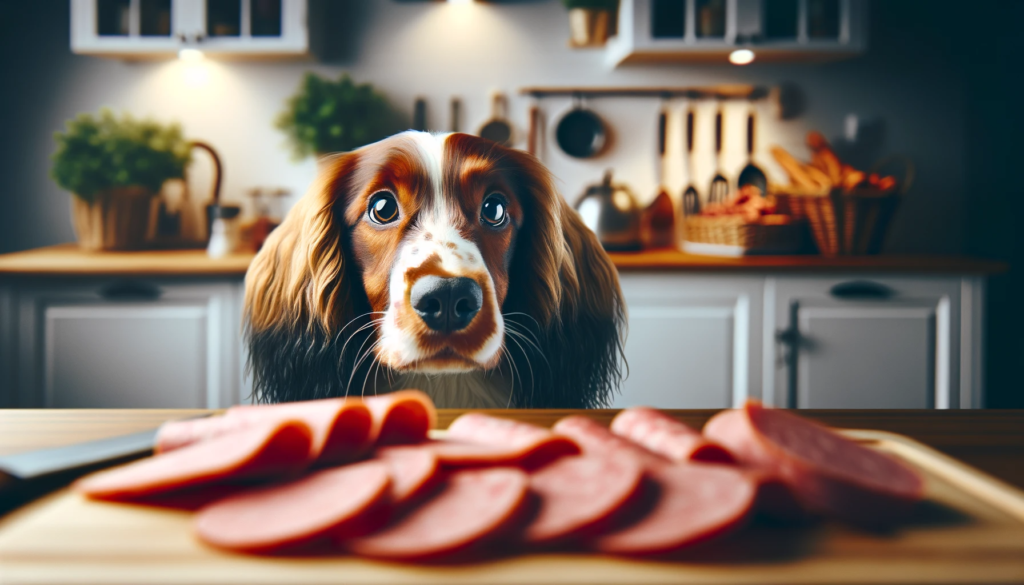
What Is Bologna?
Bologna, also known as baloney, is a type of sausage that originated in Bologna, Italy. It’s a popular lunch meat that is typically made from a blend of beef, pork, or chicken, along with a variety of seasonings and spices. The mixture is ground into a fine paste and then shaped into the distinctive round log that we’re all familiar with. Bologna is often sliced thin and used as a sandwich meat, but it can also be diced and added to salads or used as a pizza topping. While it’s not the healthiest food choice due to its high sodium and fat content, it’s a convenient and tasty option for a quick lunch or snack. But the question remains: can dogs safely eat bologna? Let’s find out.
Can Dogs Eat Bologna?
When it comes to dogs and bologna, the short answer is that it’s not the best choice of food for our furry friends. While bologna is not necessarily toxic to dogs, it’s not a healthy option either. Bologna is high in sodium, which can be detrimental to your dog’s health if consumed in large quantities. Too much sodium can lead to issues like dehydration, electrolyte imbalances, and even kidney damage. Additionally, bologna often contains fillers and preservatives that are not beneficial for your dog’s digestive system. In some cases, these additives can even cause digestive issues like vomiting and diarrhea.
Furthermore, bologna is a highly processed food that lacks the essential nutrients that dogs need to thrive. It’s important to remember that dogs have different nutritional requirements than humans, and what may be a perfectly healthy snack for us could be harmful to our pets.
If you’re looking to give your dog a treat, there are plenty of healthier options to choose from, such as lean meats like chicken or turkey, fresh fruits and vegetables, and specially formulated dog treats that are designed to provide the nutrients that dogs need.
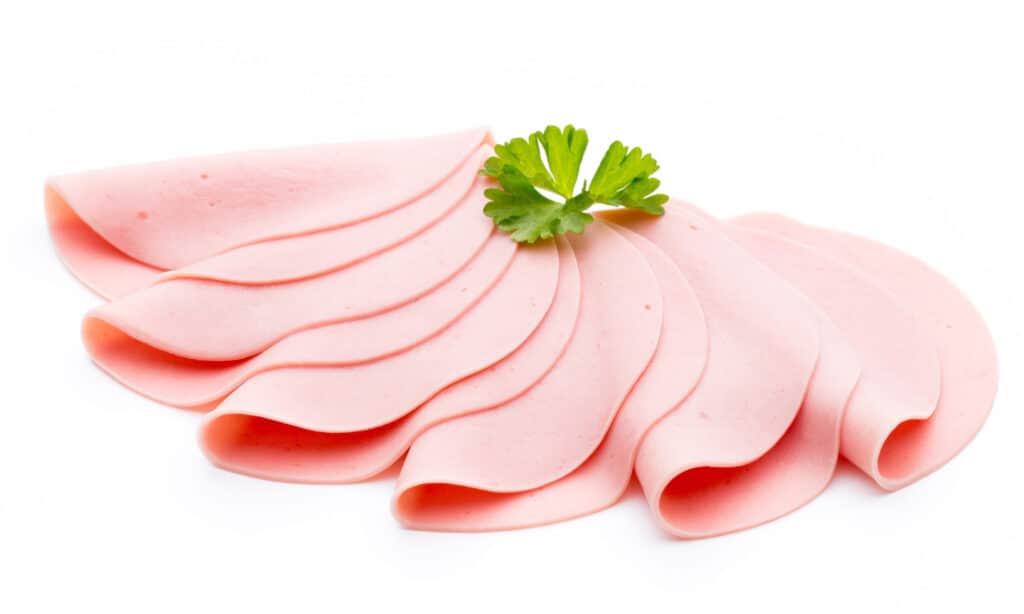
Are There Harmful Ingredients in Bologna?
When considering whether or not to feed bologna to your dog, it’s important to take a closer look at the ingredients list. While plain bologna made from high-quality meat may be relatively safe for dogs to eat in small amounts, many commercially available bologna products contain harmful ingredients and fillers that can cause health problems for your furry friend.
For example, some types of bologna may contain high levels of sodium, which can lead to dehydration and sodium ion poisoning if consumed in large amounts. Other potential harmful ingredients include fillers like corn syrup and soy protein, which can be difficult for dogs to digest and may cause gastrointestinal upset.
In addition to these fillers, many types of bologna also contain preservatives like nitrates and nitrites. These chemicals are commonly used to extend the shelf life of processed meats, but have been linked to an increased risk of cancer in both humans and animals. While small amounts of these preservatives are unlikely to cause harm, it’s important to keep your dog’s overall diet in mind and limit their exposure to potentially harmful chemicals whenever possible.
Are There Safe Ingredients in Bologna?
It turns out that there are some safe ingredients in bologna that dogs can consume in small amounts without harm. For example, bologna that is made with high-quality, lean meats such as beef or turkey can be a great source of protein for our furry friends. Additionally, bologna that is free from fillers and additives such as corn syrup or soy protein may be easier for dogs to digest and less likely to cause digestive upset.
If you’re thinking about giving bologna to your dog as a treat, it’s essential to choose a high-quality product and offer it to them in moderation. One or two small slices of bologna as an occasional treat should be fine, as long as it’s not a regular part of their diet.

What Signs To Watch For If Your Dog Accidentally Ate A Lot of Bologna?
If your dog accidentally eats a large amount of bologna, there are several signs to watch out for that may indicate that they are experiencing digestive upset or other health issues.
Firstly, excessive sodium intake can cause dehydration in dogs, so you may notice your dog drinking more water than usual. They may also exhibit symptoms such as vomiting, diarrhea, or loss of appetite. If your dog is experiencing sodium ion poisoning, they may appear lethargic or disoriented and may even have seizures in severe cases.
Additionally, if the bologna contained additives like corn syrup or soy protein, your dog may experience gastrointestinal upset such as bloating, gas, or stomach pain.
It’s important to monitor your dog closely if you suspect they have consumed a large amount of bologna or any other human food item. In general, it’s best to keep bologna and other processed meats out of your dog’s reach to prevent accidental ingestion and potential health issues.
When or If You Should Go To The Vet?
If you suspect that your dog has ingested a large amount of bologna or is exhibiting symptoms of sodium ion poisoning, it’s important to seek veterinary care immediately. Sodium ion poisoning is a serious condition that can lead to seizures, coma, and even death if left untreated.
Your veterinarian will be able to assess your dog’s condition and provide appropriate treatment, which may include intravenous fluids to rehydrate your dog and flush excess sodium out of their system. They may also monitor your dog’s electrolyte levels and provide supportive care as needed.
In some cases, your veterinarian may recommend hospitalization or further diagnostic testing, depending on the severity of your dog’s condition. The sooner you seek veterinary care, the better the chances of a successful outcome for your furry friend.
It’s always better to err on the side of caution when it comes to your dog’s health. If you have any concerns about your dog’s wellbeing or suspect that they’ve ingested a large amount of bologna, don’t hesitate to contact your veterinarian right away.
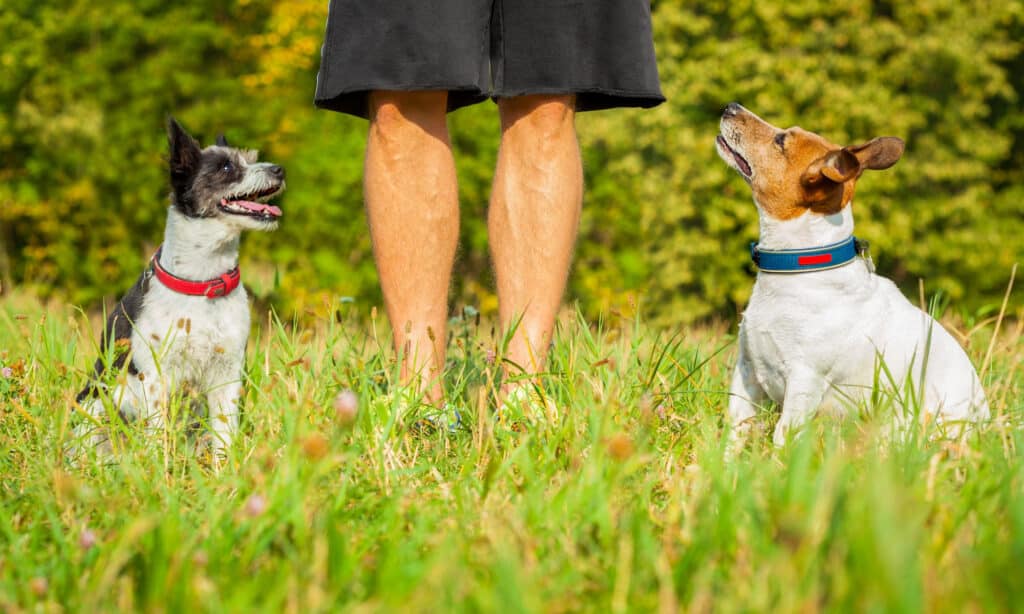
Safe Dog-Friendly Alternative to Bologna:
If you’re looking for a safe and healthy alternative to bologna for your dog, there are plenty of options to choose from. Here are some dog-friendly foods that can provide a tasty and nutritious treat for your pup:
- Cooked chicken or turkey: These lean meats are a great source of protein for dogs and are easily digestible. Just be sure to remove any bones and skin before feeding to your pup.
- Beef or pork: Similar to chicken and turkey, these meats can be a good source of protein for dogs. Be sure to choose lean cuts and cook them thoroughly before offering them to your pup.
- Fresh fruits and vegetables: Many fruits and vegetables, such as apples, bananas, carrots, and green beans, are safe and healthy treats for dogs. Just be sure to remove any seeds, pits, or cores, and cut them into small pieces to avoid choking hazards.
- Peanut butter: Most dogs love peanut butter, and it can be a great source of healthy fats and protein. Just be sure to choose a brand that is free from xylitol, which can be toxic to dogs.
- Cheese: Many dogs enjoy the taste of cheese, which can be a good source of protein and calcium. Just be sure to offer it in moderation, as it can be high in fat and calories.
When offering any new food to your dog, it’s important to introduce it gradually and in small amounts to avoid any digestive upset.
Healthy Store-Bought Options:
In conclusion, while bologna may not be the healthiest option for dogs, it is not inherently toxic in small amounts. If you do choose to feed your dog bologna as a treat, it’s important to select a high-quality product that is free from additives and feed it in moderation. However, there are plenty of safe and nutritious alternatives to bologna that can provide your dog with the protein and nutrients they need to thrive.
When it comes to feeding our furry friends, it’s important to remember that their nutritional needs are different from ours, and not all human foods are safe for dogs to consume. By taking the time to research and understand the risks and benefits of various food items, we can make informed decisions that support our dogs’ health and wellbeing.
As always, if you have any concerns about your dog’s diet or health, it’s important to consult with your veterinarian for guidance and support. With proper care and attention, we can help our dogs live happy, healthy lives and enjoy the occasional tasty treat along the way.
~Lindsie

